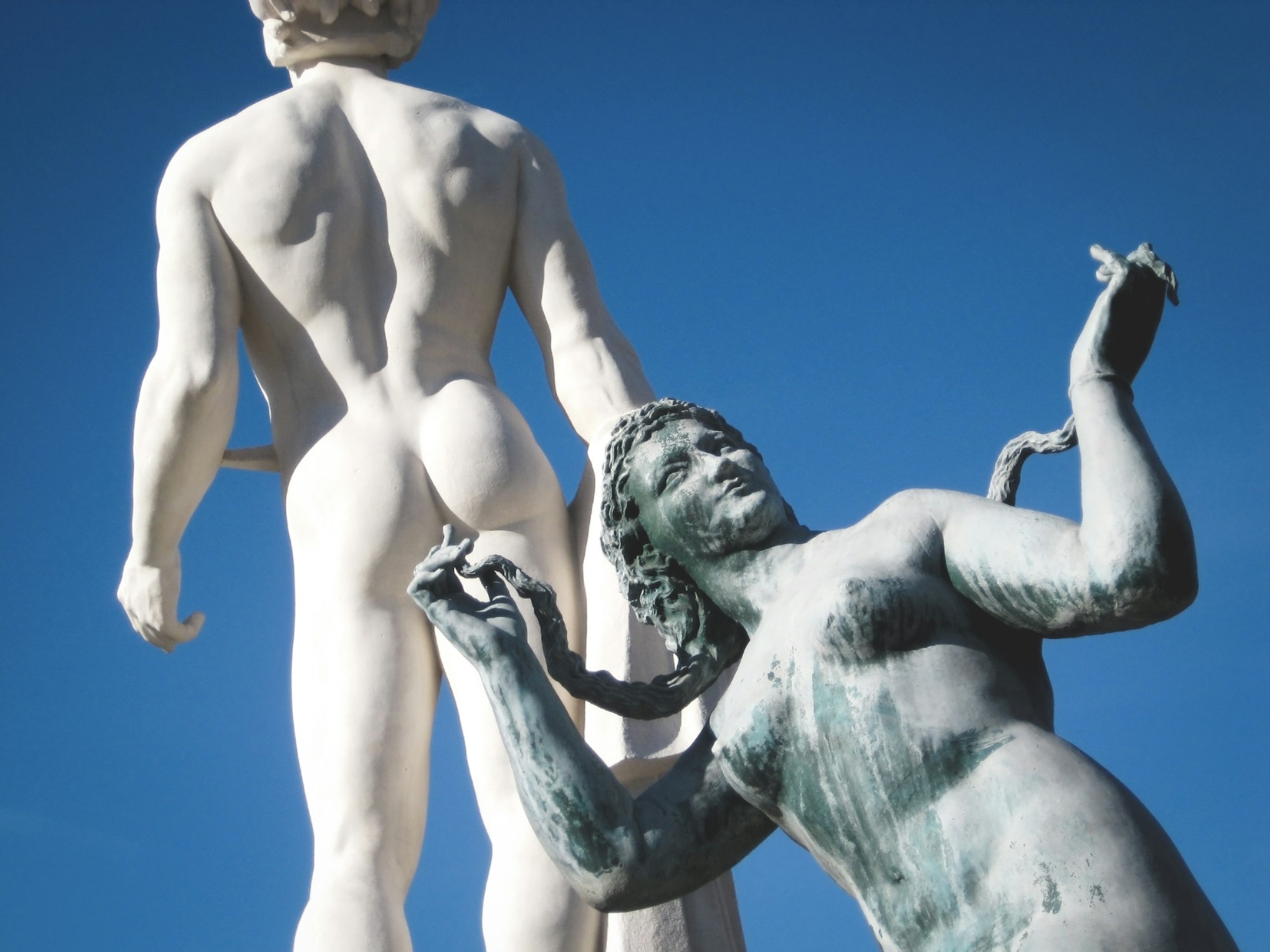These are some guidelines I have for myself, learned from years of having a reading habit. Some of these, I wish I had learned 20 years ago. Some of these, I had to learn by losing my way.
As attention spans reduce, reading books seems to be incongruent with the times. If you are a reader, you might know most of the guidelines below and I'd love to hear about any guidelines you might have. And my unsolved problem.
If you are someone who's been wanting to kickstart a reading habit, I am sure these will help you off to a running start.
#1: You don't have to finish the book
I learned this only a few years ago. I have wasted many hours finishing books that I should not have. Out of some weird sense of obligation to the author. What?!?!
Only a few years ago did I give myself permission to stop. If a book doesn't capture my attention in the first 30-50 pages, I put it away. Yes, it might be a classic or whatever, but it is not for me.
Some books should be tasted, some devoured, but only a few should be chewed and digested thoroughly.
Sir Francis Bacon
#2: There is such a thing as "the right time" for a book
You look forward to reading a book. You start it. But it doesn't click. You are forcing it. Not that the book is boring but it is simply not happening.
There is such a thing as "the right time". Your mindset, your energy, what you are currently looking for, where you are in life - everything plays a role. Put the book away. It is there in your head. At a later time, you'll feel it and you will go to that book.
A lot of the books that I don't go past the initial 30 pages fall into this category.
I dispose of the terrible books.
#3: Skim
Read the table of contents. Get an idea for the construction of the book.
Skim the book. Jump around. Skip ahead. Go back. There's no "one method" to do this.
#4: Understand the context in which it was written
You cannot read a book that's 300 years old and berate it for having certain old-fashioned ideas and notions. Or a book is written in a completely different social/political/cultural context.
You need to know who the author was, where they were when they wrote it, what the cultural snapshot of the times was, what recent historical events happened around them, and a bunch of other contextual stuff.
Only then will you understand the book.
#5: Don't be put off by things you disagree with
Even if you understand the context, there's no way you will agree with everything the author has to say. That's absolutely fine.
As Bruce Lee says,
Absorb what is useful,
discard what is useless and
add what is specifically your own.
#6: You agree with a book because it is a deeper truth within you
The books that resonate the most will feel as if the author reached into your brain and wrote what you felt in the most perfect way possible.
The best books… are those that tell you what you know already.
George Orwell
#7: Do your research
Your time is precious. Don't read random stuff.
Look it up on Good Reads. Get recommendations. You will have (at least) one friend who reads more than you. See what and who they are reading. If you are the biggest reader you know, time to move up the chain - be part of a reading community.
Don't worry about reading books that you should be reading.
Read what speaks to you.
#8: Fuck this nonsense of "I read 52 books last year."
Who the fuck cares?
Why the fuck are you counting?
Don't be put off by those people. You read at your pace. You read how many ever you want to.
In the case of good books, the point is not to see how many of them you can get through, but rather how many can get through to you.
Mortimer J. Adler
#9: Read fast or slow?
I read fast.
But I'll come to a place where I need to pause for a day or a week.
Or some books, I cannot put them down.
I tend to forget and lose track - so, I aim to finish a book within a certain time.
Most books, I do not finish. Not because they suck but because it is not the right time. I've read a quarter of it and skimmed through the rest. It will come to my head later when the context presents itself.
You read at the pace that works for you. But I will say this - skim first. Even if you are going to read the book but not a deep reading, skimming has value. This is not a suspense thriller for you to not spoil the ending.
In fact, read the table of contents, the intro and the last chapter to see if it is worth it.
#10: Three bullets
Many books do not need a second reading.
You can summarise the book in three bullets. For example, a friend of mine did it brilliantly for The Lion Tracker's Guide to Life.
"I don't know where I'm going, but I know exactly how to get there"
The journey to transformation is a series of first steps, and so, be invested in discovery rather than an outcome.
Recognize the first steps by the aliveness they bring out in you.
That's it. It is a beautiful book and story. But anytime I need to remember the lessons from it, these 3 bullets are all I need to remember.
The reading is necessary. Again, I am old school. I am not a fan of book summaries and such. There are many reasons that a book speaks to you - the author's voice, their stories, their structure, their trials. These help you contextualise and spark your brain in tangents.
In that fashion, you figure out the three bullets. Your own summary.
#11: A deeper reading
Not every book warrants it. Some books are glorified blog posts. Some books have a rhythm and story to them that helps you understand the meaning better. As long as you note it down and what it means to you, you are good.
A few books require a deeper reading.
Summarise each chapter in your words, in your context. Write down "things I need to do" etc
Write down your learnings.
I scribble notes and thoughts on the margins.
#12: Re-read every year.
Some books speak to you. They are books that you will end up re-reading approximately once a year. Every new reading will reveal a new nugget. As you change, as you evolve, your understanding of the book evolves.
If you would tell me the heart of a man, tell me not what he reads, but what he rereads.
Francois Mauriac
To close it out
Reading is a joy. It is a habit you can pick up today.
While I had this habit, I did lose it for a couple of years as I got busy with work and life. As always, begin again.
And of course, if you are a serious reader, you should check out How to Read a Book by Mortimer Adler.
The one thing I struggle with is taking notes. While I write in the margins and I note things down in my journal, I do not have a good system for it. Do you have solutions/suggestions for this?













Share this post